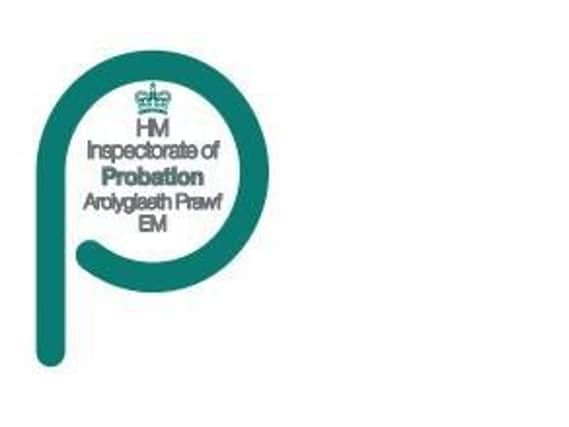Thames Valley CRC 'must address inadequate work to protect victims'


However, shortcomings in its operational delivery led HM Inspectorate of Probation to assess the CRC as ‘Requiring Improvement,’ its second lowest assessment.
Inspectors were particularly concerned about its weaknesses in work to keep actual and potential victims, including in domestic abuse cases, safe from harm.
Advertisement
Hide AdAdvertisement
Hide AdInadequate staffing and skills to deliver some programmes for offenders were also a concern.
Thames Valley CRC, covering Berkshire, Oxfordshire and Buckinghamshire, supervised 4,750 offenders assessed as medium and low risk in March 2018. It is one of two CRCs, the other in London, run by MTCnovo.
Inspectors noted “experienced and knowledgeable senior leaders”.
Dame Glenys Stacey, HM Chief Inspector of Probation, said she was “encouraged by the strength in the leadership arrangements and the motivated workforce we found.”
Advertisement
Hide AdAdvertisement
Hide AdThe CRC was committed to continuous improvement, promoting a learning and development culture.
However, Dame Glenys added: “Addressing the areas for improvement we found in this inspection is critical to improving the quality of the services delivered and keeping people safe.”
Inspectors found insufficient interventions with offenders were available in the volume and frequency needed to respond to demand.
The report noted that the CRC had insufficient staff to deliver some services and staff retention was a challenge. The CRC was recruiting to fill this gap but, Dame Glenys said, “it needs to deliver appropriate services to address offending and risk of harm even if full staffing has not been achieved.”
Advertisement
Hide AdAdvertisement
Hide AdInspectors were concerned about the CRC’s work to protect actual or potential victims.
Dame Glenys said: “As we have been finding in other inspections across CRCs, the quality of risk of harm work is not thorough. Child safeguarding is not a new concept, nor is effective communication with partners when managing perpetrators of domestic abuse.
"We found too often that the basic checks with other organisations were just not being done.” She urged the CRC to consider the recommendations of the recently published HMI Probation domestic abuse thematic inspection report.
The assessment and management of risk of harm when offenders were ordered to carry out unpaid work was also a concern.
Advertisement
Hide AdAdvertisement
Hide AdIndividuals allocated to work in the community were sometimes not safely placed, Dame Glenys said: “The CRC took immediate remedial action to address this when it was pointed out; nevertheless, arrangements for assessing and managing risk of harm and keeping people safe must be improved.
“We acknowledge the CRC is keen to improve the quality of its work and we hope the findings and recommendations will assist the organisation to do this,” Dame Glenys added.